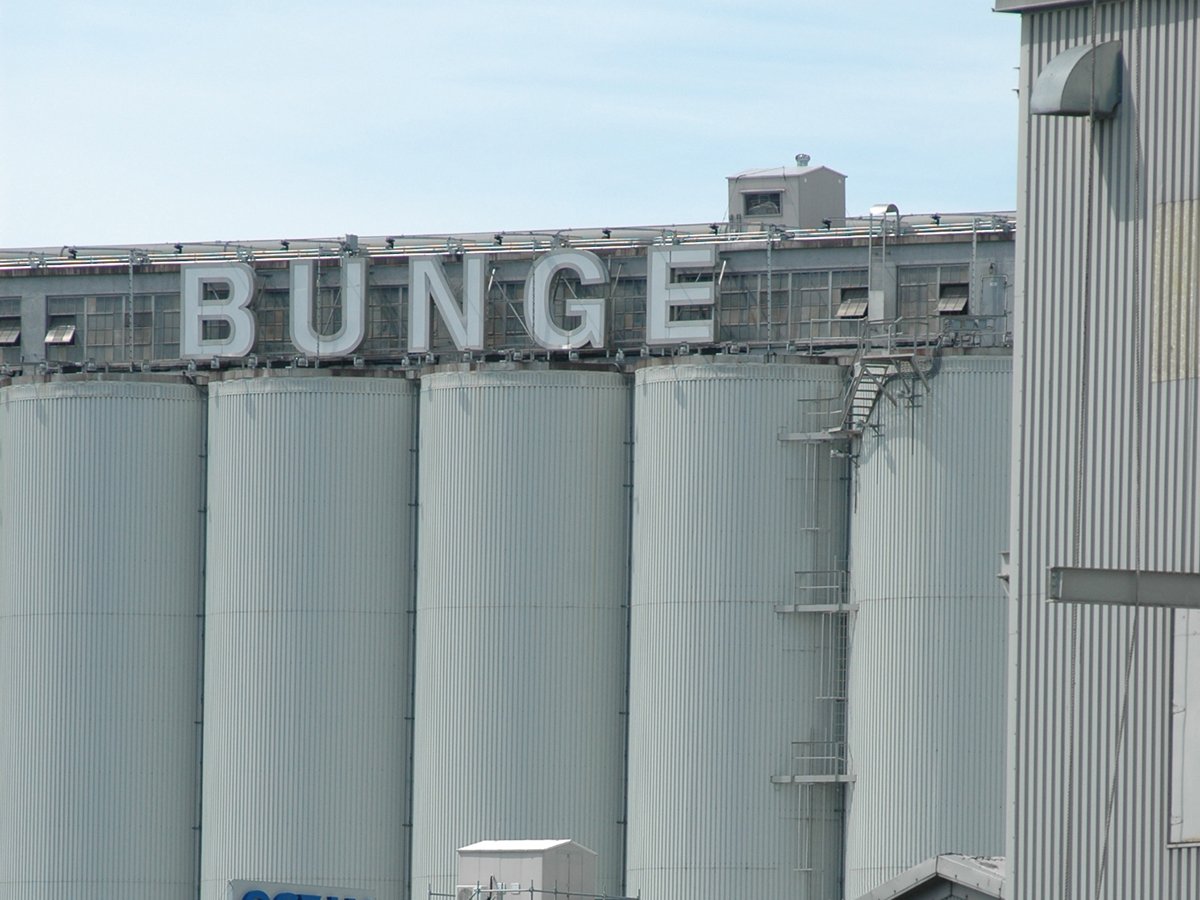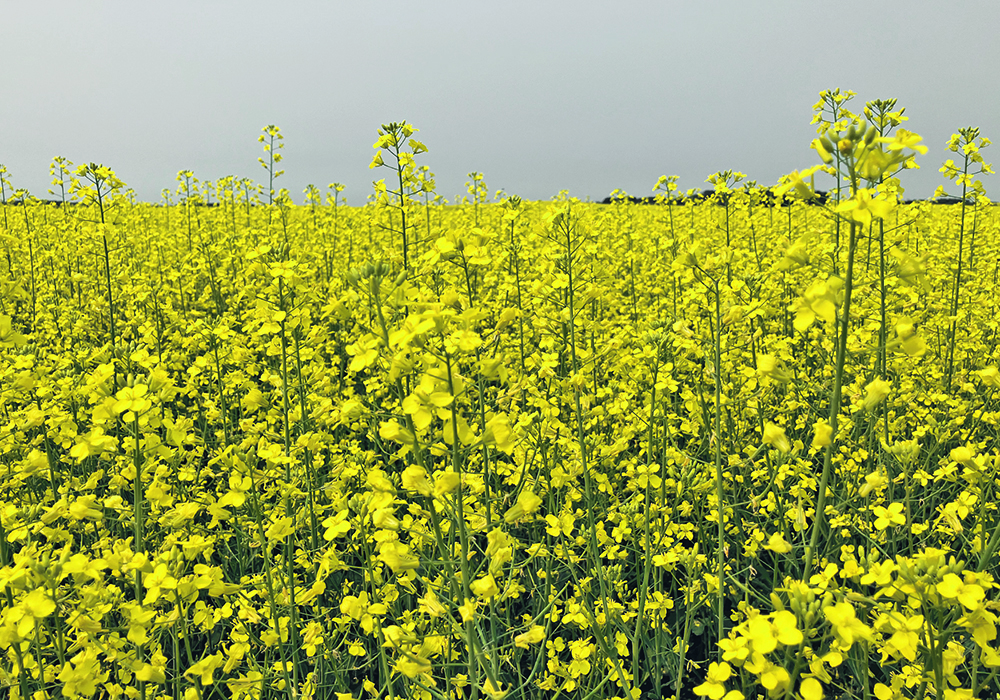Wheat Growers Association says grain producers should get the same protection as what supply management receives
SASKATOON — Grain growers should be treated the same as dairy, egg and poultry farmers when it comes to trade upheaval, says a farm group.
That was one of the main messages in a letter the Wheat Growers Association recently sent to Mary Ng, federal minister of export promotion, international trade and economic development.
Related stories:
“Over the past few years, the Government of Canada has seen fit to offset the impact of trade agreements on the supply-managed sectors,” stated the letter dated Sept. 4.
Read Also

Bunge’s crop mix is changing
Bunge has predominantly been a soybean processing firm, but that’s about to change after the merger with Viterra with softseed processing and grain merchandising gaining ground.
“We ask that the same consideration be extended to export dependent farmers when our products are targeted with retaliatory measures.”
In 2023, the federal government announced it will dole out more than $4.8 billion to dairy farmers, poultry and egg producers and processors of supply-managed commodities to compensate them for lost market share resulting from three major trade agreements.
Gunter Jochum, president of the Wheat Growers Association, doesn’t begrudge the supply-managed sector.
“They have a huge lobby in Ottawa,” he said.
“They’re very powerful and they have the government’s ear.”
However, he believes there should be equal treatment for grain farmers who could soon be facing trade-distorting tariffs resulting from China’s anti-dumping investigation into canola.
“Why can’t you treat us the same way?” said Jochum.
“Why can’t you immunize us from these trade retaliations?”
He said Ottawa appears to be fine protecting one sector of agriculture while “throwing grain farmers under the bus.”
Jochum said he believes China’s investigation is a direct response to Canada slapping 100 per cent tariffs on imported Chinese electric vehicles.
“We’re not dumping subsidized canola into China, but it doesn’t matter. They can just go ahead and say that,” he said.
In its letter to Ng, the association said it is disingenuous that her government has set a goal to increase agricultural exports to $75 billion by 2025 while simultaneously protecting the supply-managed sectors and electric vehicle jobs at the expense of the rest of agriculture.
“Once again, export dependent farmers will bear the brunt of these retaliatory measures,” stated the letter.
Canola prices tumbled about $75 per tonne in the first couple of weeks following China’s announcement. That’s a $1.4 billion financial hit to western Canadian grain farmers based on 18.63 million tonnes of production.
Prices have since rebounded somewhat, but are likely to plummet further in the future if China’s investigation results in punitive tariffs.
The Wheat Growers Association is not seeking monetary compensation from Ottawa.
“We don’t want to be mailbox farmers where we wait for our government cheque,” said Jochum.
Instead, they would like to see the government invest in infrastructure, research and marketing.
The association has not received any response to its letter and does not expect to hear anything.
However, it wanted to make a point with the politicians in Ottawa who it feels have once again placed Western Canada’s grain growers in China’s crosshairs.
“It may come across a little bit harsh, but sometimes you have to rattle the cage in order to be heard,” said Jochum.
He said it is difficult for agriculture to get “meaningful consultations” with the government these days.
“Unless you say climate change is involved, they don’t even want to listen to you,” said Jochum.
“It’s frustrating.”
















